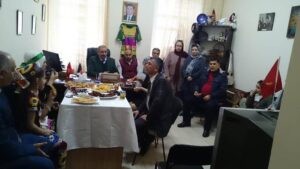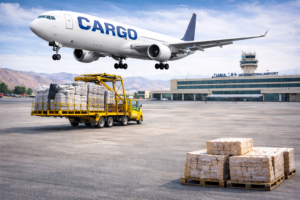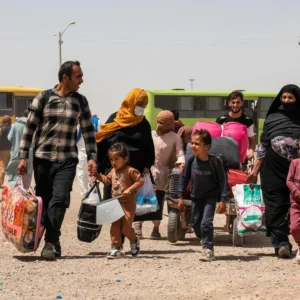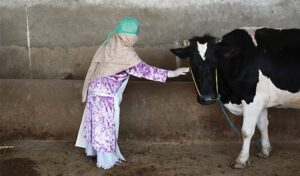MONITORING (SW) – The isolation of the Afghan economy following last August’s political crisis risks erasing development gains achieved over the past two decades, leading to grave poverty, displacement, fragility, and extremism threats to Afghanistan, the region, and the world, says the World Bank’s new Afghanistan Development Update.
Towards Economic Stabilization and Recovery, released today, finds that per capita incomes are likely to have fallen by around one-third over the last months of 2021, wiping out economic progress achieved since 2007, and leading to significantly increased household hardship. The economic collapse has been driven by sharp declines in international grants, loss of access to the overseas assets of the central bank, disruption to international banking relationships, and a loss of investment confidence.
The aid-dependent services sector has been hit hardest by the crisis, leading to a collapse in urban employment and incomes. At the same time, agricultural output is estimated to have declined by around five percent, reflecting drought impacts and higher prices for key inputs.
Under current conditions, the outlook for Afghanistan’s economy is dire. With international assistance limited to supporting humanitarian needs and basic services, incomes are likely to remain stagnant and the economy is expected to contract further throughout 2022, with real GDP per capita declining by around 30 percent between end-2020 and end-2022. The economy will not grow fast enough to improve livelihoods or generate opportunities for the 600,000 Afghans reaching working age every year.
The report highlights, however, than an alternative pathway is possible. Afghanistan enjoys substantial economic potential arising from its agricultural sector and natural resource endowments, its young and growing population, and recent improvements in the security environment. Harnessing this potential could allow for stabilization of the economy and a recovery in output and incomes, based on a more sustainable private sector-led economic model.
But moving towards this trajectory would require actions by both the international community and the interim Taliban administration. To unlock additional international assistance and advice, there is an expectation that the Interim Taliban Administration adheres to basic standards for the treatment of women and girls, respect for human rights and sound economic management.
The international community should, under any circumstances, continue to support basic humanitarian needs. If policies of the interim Taliban administration allow, a broader program of economic assistance could be provided to macroeconomic management, broader public services, infrastructure, and the private sector, allowing much faster recovery.
ENDS









